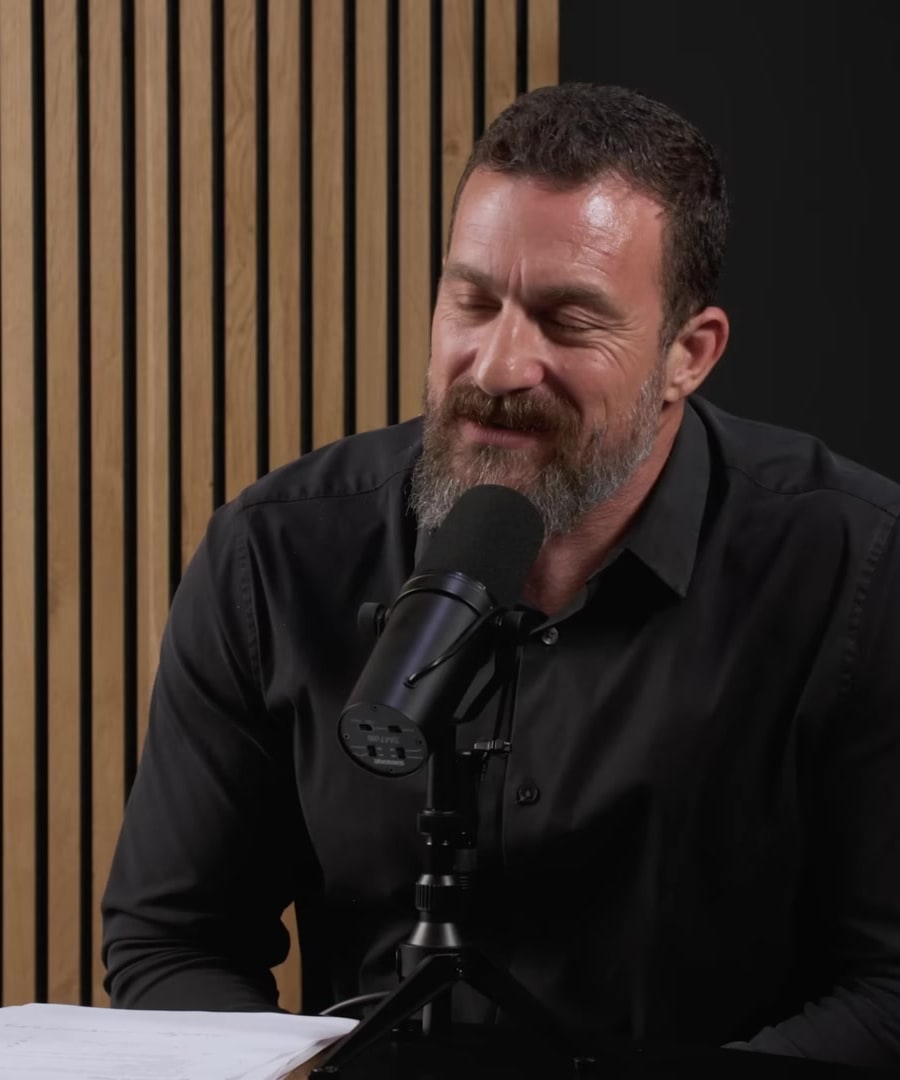Is having just 2hours of sleep a big problem in my day
Sources:
Sleeping only two hours can significantly impair your daily performance and overall health. According to , consistent sleep schedules and adequate sleep are crucial for effective functioning. Disrupted sleep patterns can harm both immediate and long-term health 1.
Additionally, emphasizes the importance of different sleep stages for memory and motor skills. Missing significant portions of sleep, particularly stage 2 non-REM sleep which occurs in the later parts of the night, can hinder cognitive and physical performance the next day 2.
Thus, getting only two hours of sleep could severely short-change you of these critical sleep stages, negatively affecting your brain and body.
RELATED QUESTIONSSo is the solution in this case is to have a nap for 30min
Sources:
While a nap may offer temporary relief, explains that it can also interfere with nighttime sleep quality. A 20-minute nap might improve alertness and concentration temporarily, without causing sleep inertia, a groggy state experienced after longer naps 1. However, relying on naps after a poor night's sleep can create a cycle that disrupts overall sleep quality and consistency 2.
was surprised to learn that napping might actually interfere with subsequent sleep if one tries to compensate for a poor night's rest. Therefore, it is crucial to focus on improving overall sleep patterns rather than using naps as a long-term solution.
RELATED QUESTIONSList clips similar to "Power of Naps"
Sources:
Here are some clips similar to "Power of Naps" that you might find interesting:
-
The Power of Naps: Matt Walker discusses how short naps, even as brief as 17 minutes, can significantly enhance learning and improve mission performance and daytime alertness based on NASA's research. However, there's also a downside to naps concerning sleep pressure and the accumulation of adenosine 1.
-
The Power of Naps: This clip examines the emotional and cognitive benefits of napping, noting that different types of sleep stages during naps can produce specific advantages. It emphasizes how short naps can improve mood, cognitive functions, and even decision-making abilities 2.
-
Benefits of Napping: Matt Walker and Andrew Huberman converse about the various benefits of naps, including improved cardiovascular health, cortisol levels, learning, and emotional regulation. They highlight the importance of nap duration and timing 3.
-
NASA's Power Naps: Matt Walker talks about how NASA optimized astronaut performance with strategic napping, leading to substantial improvements in alertness and productivity. The origins and benefits of "power naps" are also discussed 4.
-
The Power of Napping: Matt Walker describes a study illustrating the significant improvement in learning capacity (20% boost) due to napping. He elaborates on the cognitive and emotional benefits of naps 5.
-
Power of Naps: This clip explores how combining naps with caffeine, cold water splashes, and bright light can significantly enhance alertness and cognitive performance, providing a strategic approach to improving productivity 6.
-
Power of Naps: Matt Walker details the optimal nap duration of 20 minutes to improve alertness, concentration, and motivation without experiencing sleep inertia, ensuring a refreshing energy boost 7.
-
Napping Guidelines: Matt Walker and Andrew Huberman discuss the potential downsides of napping, especially for people struggling with nighttime sleep. They offer guidelines for optimal nap duration and timing to avoid sleep inertia and maintain productivity 8.
These clips provide a comprehensive view of the benefits and considerations of napping, drawing from scientific studies and expert insights.
RELATED QUESTIONS-
Is having just 2hours of sleep a big problem in my day
- RELATED QUESTIONS
So is the solution in this case is to have a nap for 30min
- RELATED QUESTIONS
List clips similar to "Power of Naps"
- RELATED QUESTIONS










